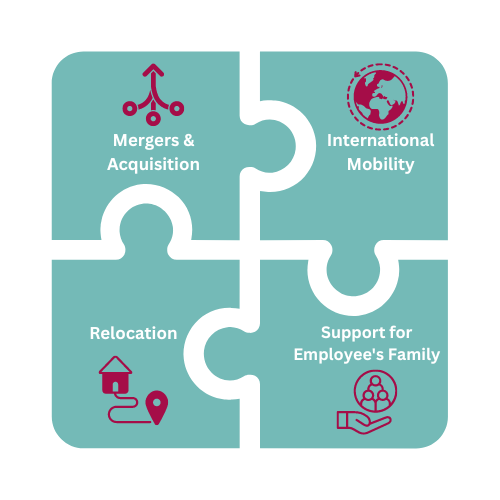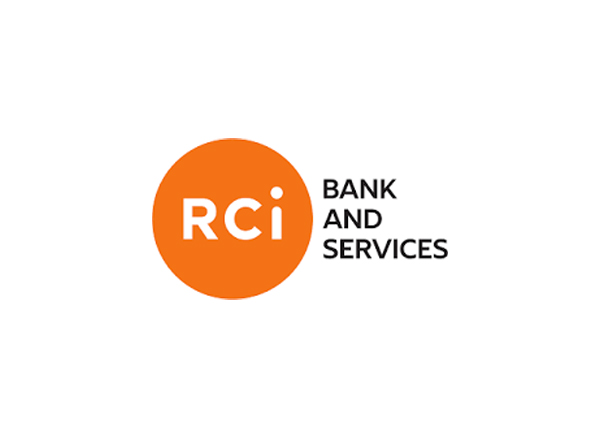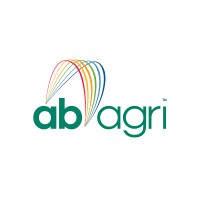Not usually at beginner level but the more you advance, the more classes will be conducted in the target language. This accelerates your learning and will boost your understanding and confidence.
LANGUAGE TRAINING

Innovating to fit your needs
As your company grows, many factors can shape how your talented team has come together:
- A merger or acquisition of another company
- Hiring new employees who are relocating internationally
- Hiring new employees who are internationally mobile.
As an HR or Learning and Development decision-maker, how are you levelling the playing field for a mix of skilled, experienced colleagues whose mother tongue isn’t the language spoken in your office? Language training can be in any language you require. English, Spanish, French, German, Japanese, Chinese, Arabic…choose from over 200 options.
Trust us to unite your team and grow your business
For some of these colleagues, the excitement of starting this new, next step in their career can be quickly outweighed by anxiety and stress. How will I cope with presenting to the team or to customers? Will my colleagues get my humour, will I get theirs? How quickly will I settle in?
Trust Dialogue to assess your new colleagues’ language needs and to deliver tailored training which will inspire confidence and empower them. With an equal voice at any meeting or presentation, Dialogue’s training removes communications barriers, unifies your team and allows everyone to contribute fully to the success of your business.

Get your free estimate now!
Ongoing Course
Total Summary
Do you require group training or individual training?-
What language do you need to learn?-
Which hour block do you require?-
Estimate0
Get Formal QuoteIntensive or ongoing
Intensive language training over 4 weeks is ideal for specific support in given business areas (eg. presentation or negotiating). Confidence in proficient business conversation is best built through regular ongoing training.
Face-to-face or video
Would your colleague get more from face-to-face training or would video training slotted into their busy schedule be best? Perhaps a bit of both? You can choose the best option for your team.
1:2 or small groups
Would your peers thrive best in a one-to-one training environment or do you have a small team of 6 to 8 colleagues all in a similar situation where language training could prove to be a key team-bonding experience?
Colleague plus family
Relocation can often impact the whole family, not only your colleague. Would offering language training to their spouse or partner as well be the preferred solution to minimising stress at home?
The journey we take you on...
Basic User
A1
A2
Can state simple requirements within job area; can understand gist of short reports of a predictable, familiar nature; can write a short, comprehensible note or request to a colleague.
Independent User
B1
Within their own job area can start to participate in meetings; can understand the general meaning of non-routine letters; can make reasonably accurate notes at a meeting or seminar.
B2
Can communicate fluently on most topics that are likely to require attention during a normal working day; can understand most correspondence, reports; can deal with all routine requests for goods or services.
Proficient User
C1
C2
Can handle complex, delicate or contentious issues, such as legal or financial matters; can understand reports/articles with complex ideas expressed in complex language. Can write complex articles/reports with similar sophistication of a native user.
What our clients are saying about us:







Language Training FAQs
Yes! Dialogue offers video conferencing lessons via Teams or Zoom.
We recommend face-to-face training for the quickest and best results. This can be combined with online support (games and exercises) in your own time to consolidate learning. Online training alone is sufficient for the basics but it limits your ability to progress and use the language the way you want and need to.
You should be able to introduce yourself after the first class, but from a standing start, it takes 160+ hours before you can use it more confidently in meetings/on the phone. Everything you learn with us will have a practical, functional application. Languages with Latin roots like Spanish are quicker for English speakers to learn while those with different scripts/structures such as Chinese may take longer.
Every little helps and you’ll be amazed at how much will come back to you when it’s teased out in class. And even if it’s in a different language from what you want to learn now, just that exposure to linguistic engineering makes a difference.
Classes range from £52/hour, including materials, up to £3k for a one-week intensive, which includes activities and homestay costs. Hourly costs will depend on whether you are studying 1-1 or in a group.
If you’re a beginner or have a basic level only, 1-2 classes a week (2-4 hours) are recommended to allow course content to sink in and for you to consolidate and practise. 1-2 week UK intensives are a great time-efficient boost to language for students with English at CEFR level B1+.
Dialogue is known for creating courses relevant to your business, for the professionalism of our business trainers, and for making learning English FUN! The modular nature of our bespoke business courses means you can pick what is relevant to you rather than wasting time on what isn’t.
The key to this is relevance. Brief us at the start on what you need to operate better at work and that’s what we will focus on, combining the relevant cultural and language content you need to operate more efficiently in English. Ongoing feedback and assessment will help quantify ROI.
We encourage this strongly as it accelerates learning but we try to make it fun and relevant to what you need; that might mean prepping a presentation, listening to mp3s, playing online grammar games, or simply watching a film.
This depends on your objectives, commitment and starting level. When we conduct the initial assessment we will be able to give you an indication of how many hours you will need to achieve your aims using the CEFR scales.
